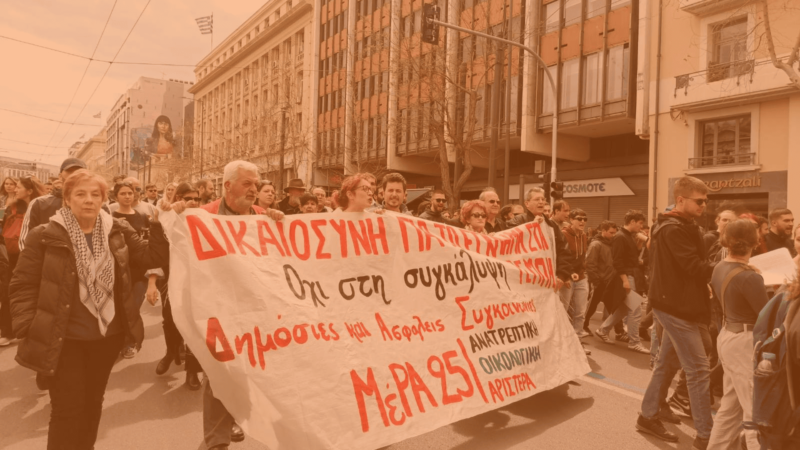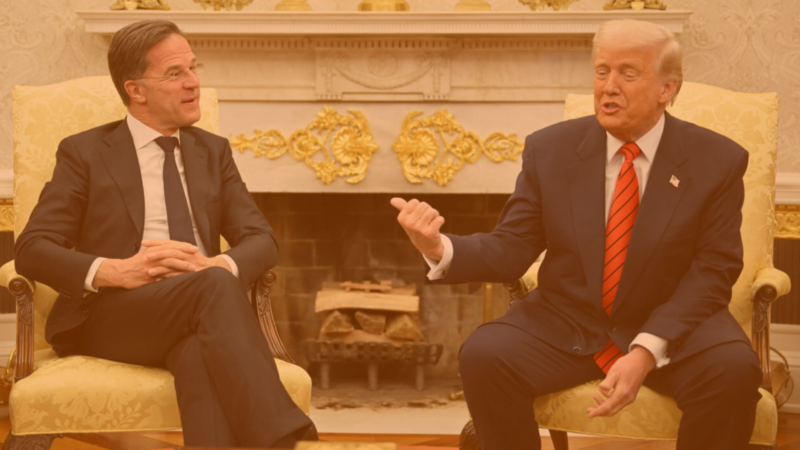While we’re developing together our vital Progressive Agenda for Europe, EU politics continues to get shaken up, as the establishment lurches from crisis to crisis.
Tomorrow will be the next pivotal moment: Italian citizens will vote in a referendum to amend their country’s constitution, which will have a clear European impact.
At the Coordinating Collective (CC), we received numerous requests from our members for DiEM25 to take a position on whether this proposed amendment should pass, and to campaign for it.
In line with our movement’s goal to democratise decision-making in the EU, as well as DiEM25’s pan-European essence, last month we asked our members in every corner of the Union to vote on which side we should be on: ‘yes’ or ‘no’.
A majority of the DiEM25 members and DSCs who took part in our internal democratic exercise (84.54%) recommended a ‘No’ vote.
Here is why:
If the amendment passes, it would hinder the democratic process in Italy. It would concentrate more power in the hands of the Italian government, reducing the role of Parliament, and diminish plurality by guaranteeing an absolute majority to the party with the most votes. Furthermore, the amendment would reduce the power of regions, hampering local autonomy.
But more broadly, the amendment would be yet another expression of the EU’s current demand for reliable national governments that can implement technocratic decisions without the nuisance of a political opposition and organised dissent. It would ensure we see more of the same “There Is No Alternative” rhetoric that has characterised the EU’s stance post-2008.
Do you want to be informed of DiEM25's actions? Sign up here










